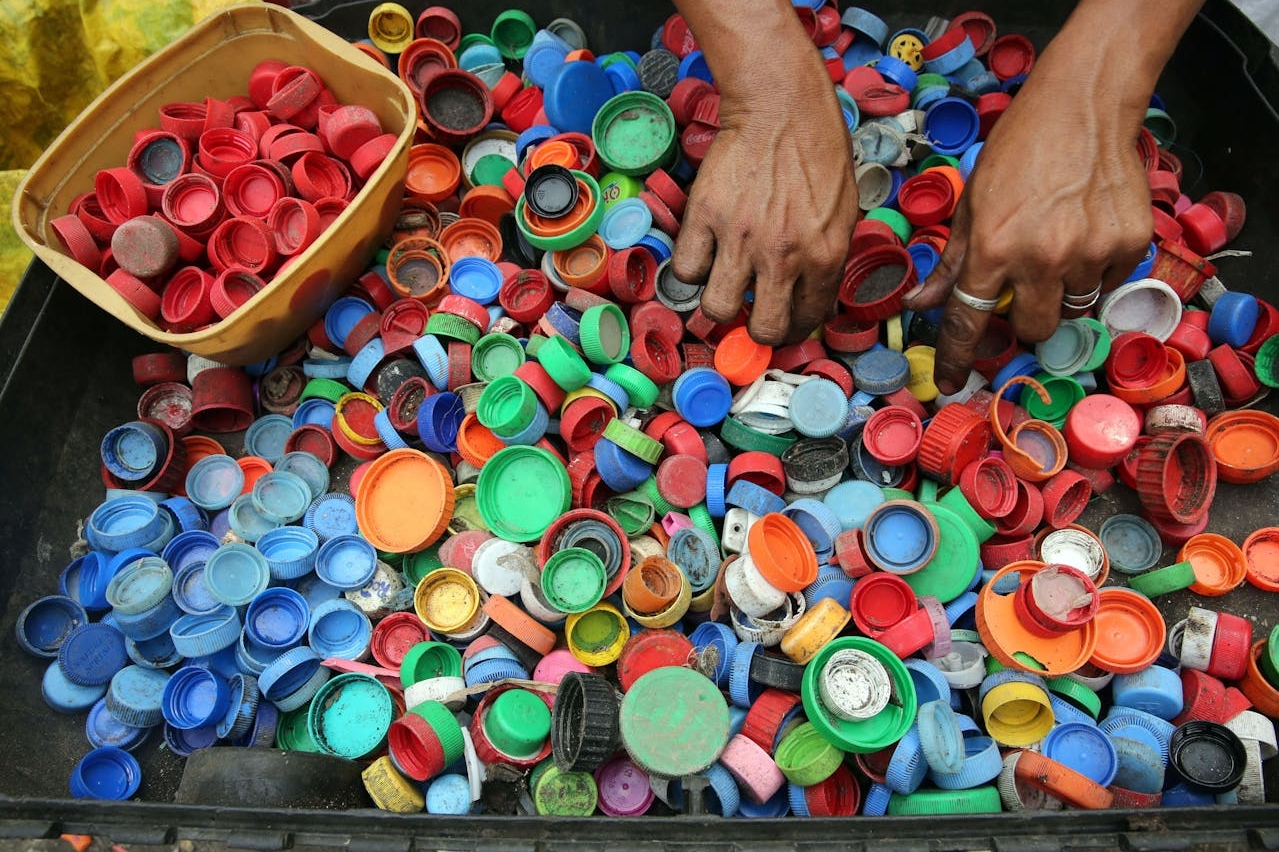Ensuring regulatory compliance is paramount for Indian plastic manufacturers seeking to supply high-quality products to US importers. With stringent standards and regulations governing plastic products in the US market, manufacturers must adhere to a variety of requirements to meet the expectations of their US counterparts. Veritas Sourcing, dedicated to facilitating sustainable trade practices, delves into the measures Indian plastic manufacturers undertake to ensure regulatory compliance and uphold quality standards for US importers.
- Understanding US Regulations: Indian plastic manufacturers invest time and resources to understand the complex regulatory landscape of the US market. This includes familiarity with regulations enforced by agencies such as the Food and Drug Administration (FDA), Environmental Protection Agency (EPA), and Consumer Product Safety Commission (CPSC). By staying abreast of regulatory updates and changes, manufacturers can ensure that their products meet the latest standards and requirements for importation into the US.
- Conformance to Material Safety Standards: Indian manufacturers prioritize the use of materials that comply with US safety standards and regulations. This includes ensuring that plastics are free from harmful substances such as lead, phthalates, and bisphenol A (BPA), which are regulated by agencies like the FDA and CPSC. Manufacturers conduct rigorous testing and analysis of raw materials to verify their safety and compliance with US regulations, providing assurance to US importers of the quality and safety of their products.
- Certification and Testing: Indian plastic manufacturers obtain relevant certifications and conduct comprehensive testing to demonstrate compliance with US regulatory requirements. Certifications such as FDA approval for food contact materials, UL certification for electrical components, and ASTM standards for performance characteristics are essential for gaining market acceptance in the US. Manufacturers collaborate with accredited testing laboratories to conduct tests on their products, ensuring that they meet the required quality and safety standards for importation into the US.
- Packaging and Labeling Compliance: Indian manufacturers ensure that their packaging and labeling comply with US regulatory requirements, including product labeling, warning labels, and instructional markings. Packaging materials must meet specific criteria for food contact materials, child-resistant packaging, and recyclability, as mandated by US regulations. Manufacturers provide accurate and compliant labeling on their products, enabling US importers to meet labeling requirements and ensure consumer safety and satisfaction.
- Adherence to Environmental Regulations: Indian manufacturers prioritize environmental sustainability and compliance with US environmental regulations governing plastic manufacturing processes. This includes adherence to regulations such as the Toxic Substances Control Act (TSCA) and Resource Conservation and Recovery Act (RCRA), which regulate chemical substances and hazardous waste management, respectively. Manufacturers implement pollution control measures, waste management practices, and environmental management systems to minimize their environmental impact and ensure compliance with US environmental regulations.
- Supply Chain Traceability: Indian manufacturers establish supply chain traceability systems to track the origin and journey of raw materials throughout the production process. This includes maintaining records of material suppliers, production processes, and quality control procedures to ensure transparency and accountability in the supply chain. Traceability systems enable manufacturers to identify and address potential risks or non-compliance issues proactively, ensuring that their products meet US regulatory requirements and importation standards.
- Continuous Improvement and Compliance Monitoring: Indian manufacturers embrace a culture of continuous improvement and compliance monitoring to uphold quality standards and regulatory requirements. This involves conducting regular audits, inspections, and reviews of manufacturing processes to identify areas for improvement and address any non-compliance issues. Manufacturers proactively seek feedback from US importers and regulatory authorities, incorporating lessons learned into their operations to enhance quality and ensure ongoing regulatory compliance.
By prioritizing regulatory compliance and quality assurance measures, Indian plastic manufacturers provide US importers with assurance of product safety, reliability, and market acceptance. Veritas Sourcing serves as a strategic partner, facilitating collaboration between Indian manufacturers and US importers, and supporting compliance with regulatory requirements. With our commitment to sustainable trade practices and quality assurance, we empower manufacturers and importers to navigate the complexities of regulatory compliance and deliver high-quality plastic products to the US market.




